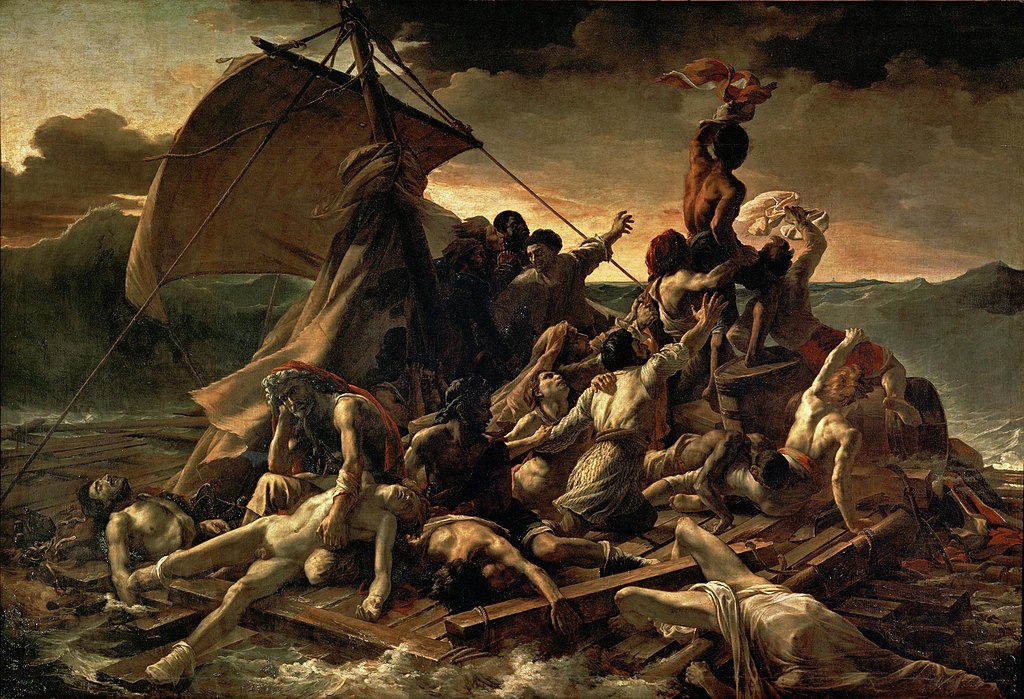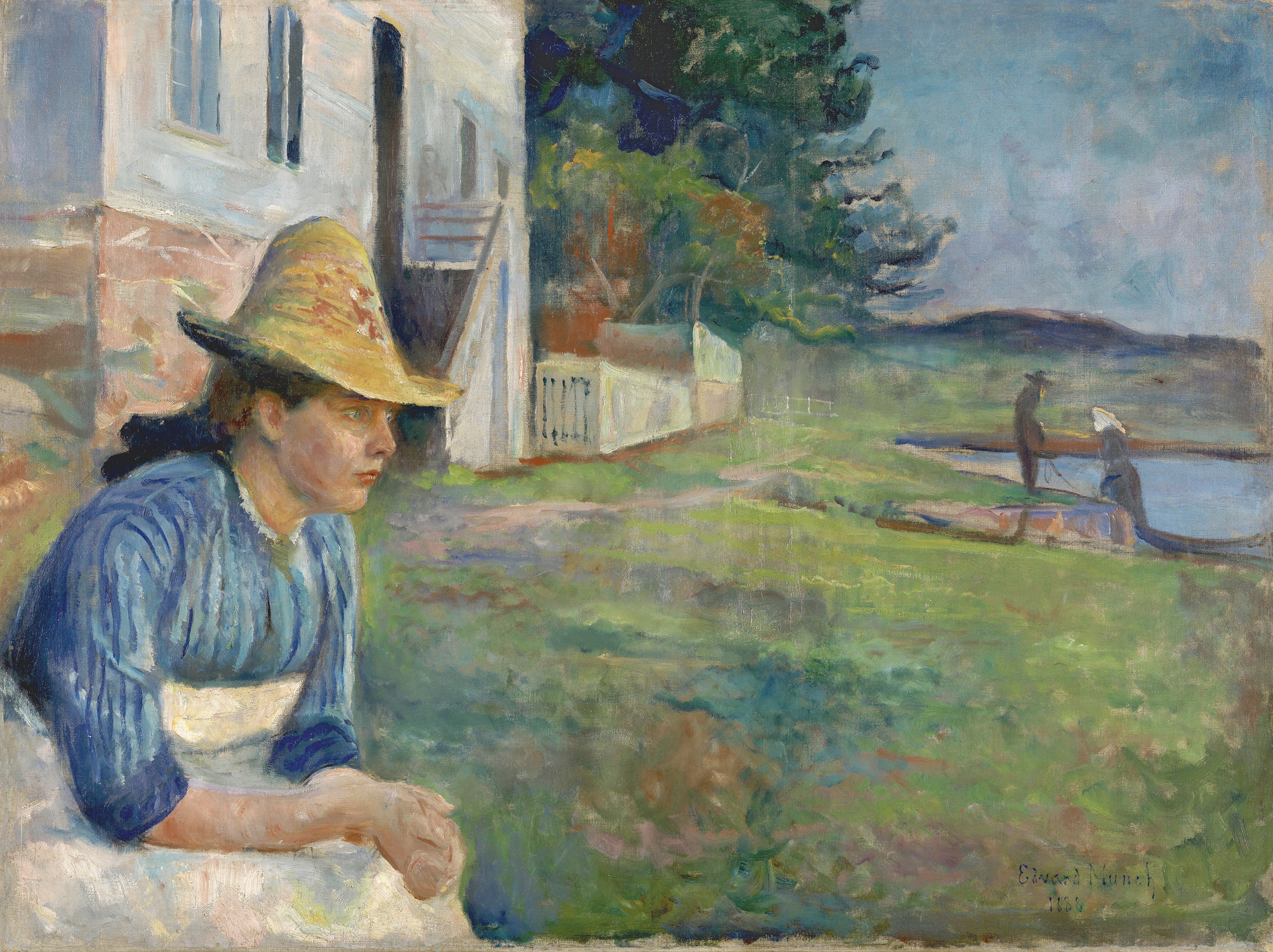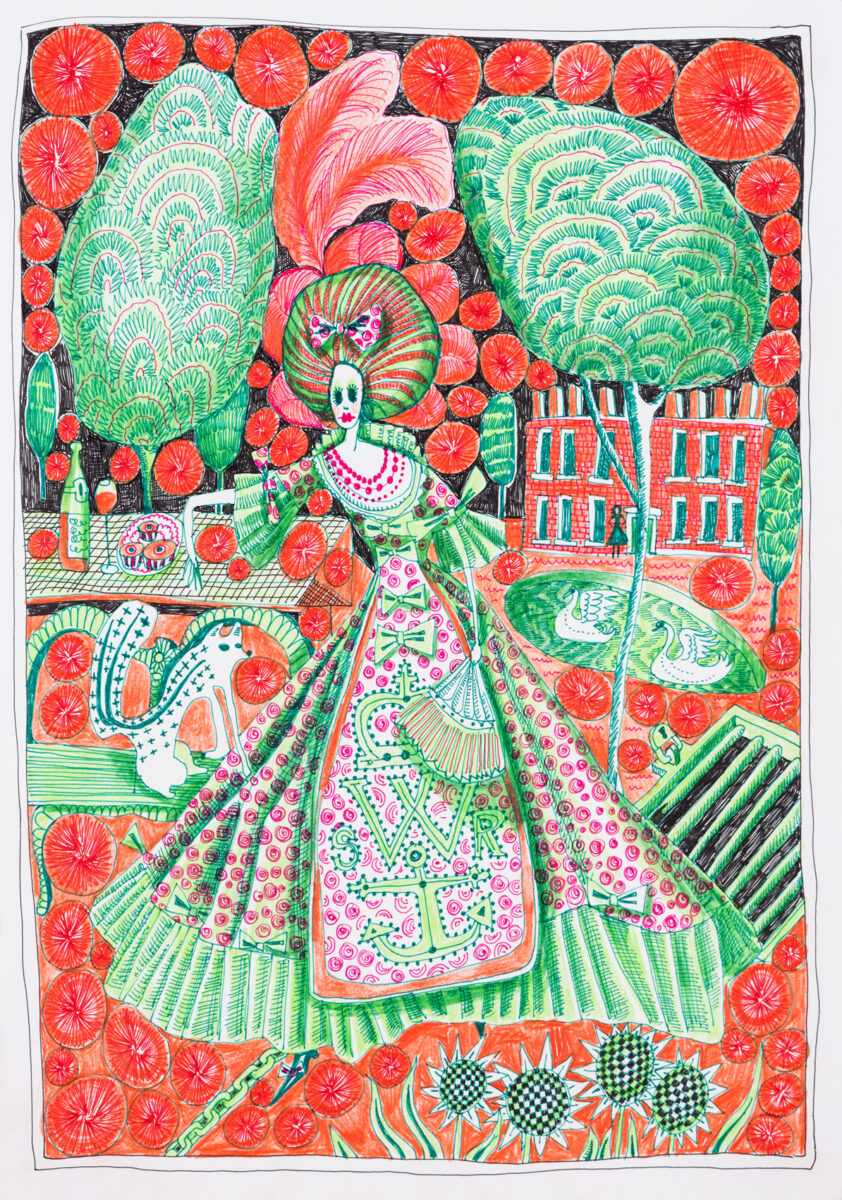
Twenty years ago today, I crossed the threshold of the Christian faith. It was a baptism of fire in a more literal and mystical sense than I care to describe (or indeed would be able to). And unlike many, I really can point to a day and a time and a place.
That night, perhaps unlike CS Lewis, I was not quite “the most dejected and reluctant convert in all England.” But I was certainly the most bewildered. ‘What have I let myself in for?’ I wondered as I walked away from that church on a dark, wet January night. I was certain that in crossing that threshold I had entered a new world. Even if it was true, as I believed – or as I now knew - I sensed that it was dangerous too. There was a wildness to what I had just witnessed that was both thrilling and disconcerting. And yet, after that encounter, I could no more have turned away from what I had discovered than stop the world turning. As the mathematician Blaise Pascal discovered in his own ‘night of fire’ – “certitude, certitude!” is a very precious gift, and one worth holding on to.
Twenty years later, the landscape of faith in this country looks very different to the one in which I stumbled my way over the line. (Or through the back of the wardrobe might be a better metaphor.)
Back then, in 2005, the War on Terror was raging. If religion was discussed at all, it was generally reckoned a pretty rotten sort of institution. A regrettable historical hangover, an inheritance bequeathed to us by our more credulous ancestors of which we were doing well to divest ourselves, albeit too slowly for some. In this brave, new secular world, it was an increasingly commonplace view that religion ruined everything; beside which, it wasn’t true anyway.
These were the days when a certain form of atheism was ebullient and on the march. The Four Horsemen of Dawkins, Hitchens, Dennett and Harris held the cultural conch for a time, and they weren’t letting go. The God Delusion came out in October 2006, quickly followed by God Is Not Great in early 2007. Religion (not sin) was the root of all evil. ReasonTM was the exclusive intellectual property of the unreligious mind, untainted as it was by visions of that laughably silly Sky-Fairy in the heavens. The battlefield of apologetics was a much-contested landscape at the time. Truth was the prize - which both sides could at least agree upon - and many a debating hall was filled to bursting to watch each side’s sharpest minds slug it out.
God only knows how in such an intellectual atmosphere, I survived the shelling and carried through to the other side. But it’s telling that I had as my guide through the intellectual carnage, not voices of that age, but rather voices from further back in time. My old friend, CS Lewis, but also GK Chesterton, St Augustine, Dostoyevksy, and the potent words of the gospels to which they led me. Like wily old corporals, they saw me safe across No Man’s Land.
Even if I made it through, there’s no doubt it was the secularists who gained the cultural ground back then. That their intellectual case was unsound, it didn’t matter. Their propaganda was better – it was what people wanted to hear – and so Christianity was shoved out of the public square.
And now, two decades on, the war has moved into a very different theatre of operations. The Age of the Intellect has given way to the Age of Imagination as, unwittingly, the dry vacuum of secularism has sucked in contending spirits of another kind.
These days proponents and adversaries of the Christian faith jostle not in the dusty debating halls of our great universities, but on the battlefield of cultural consumption. Its topography formed of the movies we watch, the streaming channels we look at, the podcasts, music and media we endlessly gulp down.
Truth itself is no longer the prize, since the logical outworking of atheism’s ascendancy was to get what perhaps its proponents never bargained for: a post-truth age. What matters now is not so much what you believe, as what you attend to. The words and images which you consume. (Or which consume you.)
Walk the streets of any city and witness every passer-by glued to the screen nestled in their hand. Earphones clamped over their head. Distraction, saturation, enchantment: a cacophony of sound, a barrage of images overrunning the imagination to the point of madness. Until we have forgotten what it is like to sit patiently in silence with a still and empty mind. What it’s like to observe the world around us, to be available for the people around us.
But with what do we fill our imaginations now – that is the question? There lies the battle.
But with what do we fill our imaginations now – that is the question? There lies the battle.
And so we find ourselves now moving through a world in which our capacity to create and consume is loaded with inestimably high stakes. It harkens back to Dostoyevsky’s famous line in The Brothers Karamazov: “The awful thing is that beauty is mysterious as well as terrible. God and the devil are fighting there and the battlefield is the heart of man.”
He’s right. Although the heart, the mind, the imagination cannot in any true sense be de-coupled from one another. (Is ‘soul’ a more encompassing word?)
And yet, of the two, the truly subversive combatant is God and not the devil. (Consider the Cross: the most subversive act in all reality.) It is God who is the invader here after all. He is the one taking back ground. His weapons are Truth, Beauty and Goodness. On the face of it, these are mild, even benign, abstractions. And yet in each is wrapped a potency as explosive as dynamite. Because with them, the spells that hold our imaginations captive can be broken. In an unguarded moment, He can slip through the enemy lines.
Witness the ear of culture’s recent harkening to the ancient truths and wisdom of our Judeo-Christian heritage. Nick Cave sings of a “Wild God” and to everyone’s surprise, people are starting to listen again. But he’s not the only one.
The inescapable wildness of God is that He cannot be contained; if His will is to break through, then He cannot be held back. As Mr. Beaver said of the lion Aslan, in answer to the fear: “Is he safe?”
“Who said anything about safe? ’Course, he isn’t safe. But he is good.”
As little image-bearers of this Creator, indeed as little creators in our turn, our creativity teeters on a knife-edge – it always has. An edge sharp enough to cleave heaven from hell. We’d do well to remember that. And that, being image-bearers of this wild God, no wonder we have a wildness of our own.
Yep. Twenty years has already been one heck of an adventure. But I suspect it has only just begun.
Join with us - Behind the Seen
Seen & Unseen is free for everyone and is made possible through the generosity of our amazing community of supporters.
If you’re enjoying Seen & Unseen, would you consider making a gift towards our work?
Alongside other benefits (book discounts etc.), you’ll receive an extra fortnightly email from me sharing what I’m reading and my reflections on the ideas that are shaping our times.
Graham Tomlin
Editor-in-Chief










